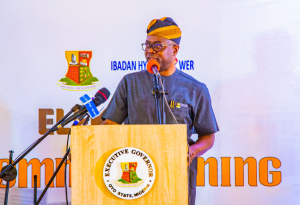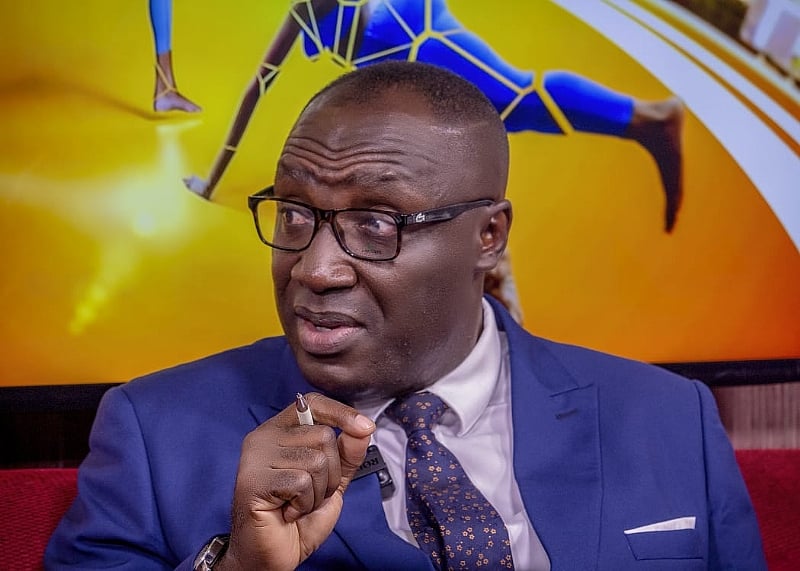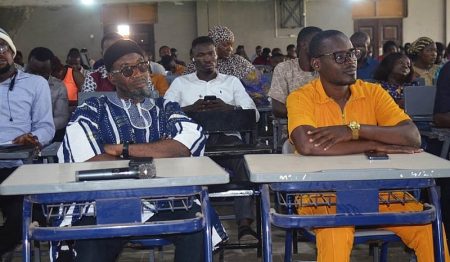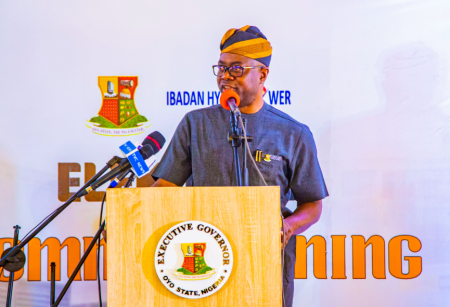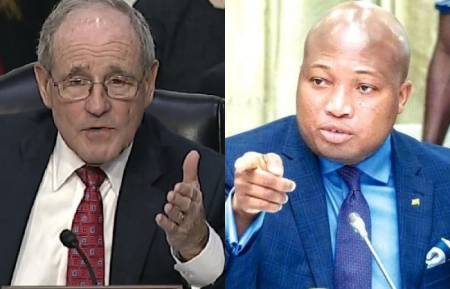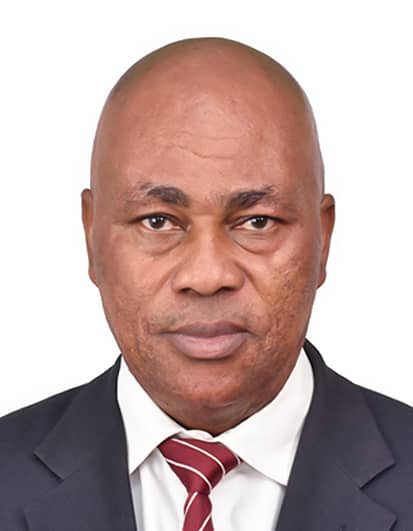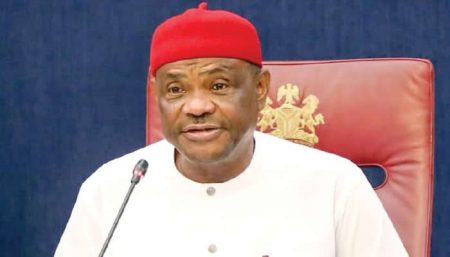The launch of Ghana’s 24-Hour Economy initiative, spearheaded by the Mahama administration, signifies a bold step towards unlocking the nation’s economic potential and fostering growth on a global scale. This bipartisan policy, also known as the 24H+ Agenda, aims to revolutionize Ghana’s productivity framework by extending economic activity beyond the conventional 8-hour workday. Proponents argue that the initiative is not an afterthought but a carefully considered strategy to enhance competitiveness in the 21st-century global economy. Henry Osei Akoto, a leading figure in the ruling National Democratic Congress, emphasized the critical need for Ghana to embrace a round-the-clock operational model, citing the lost revenue associated with inactivity during nighttime hours. He stressed that the policy is in line with global trends and vital for Ghana’s economic advancement.
The core premise of the 24-Hour Economy is to maximize resource utilization and create an environment conducive to continuous economic activity. By extending operational hours, businesses can increase output, generate more revenue, and contribute to overall economic expansion. This model also fosters job creation, particularly for the youth, and provides opportunities for individuals to engage in economic activities at various times throughout the day and night. The initiative aligns with President Mahama’s pre-election promises to boost the economy, create opportunities, and increase the flow of money within the country. The successful implementation of this policy is seen as a fulfillment of these promises, reflecting the administration’s commitment to economic development.
Osei Akoto highlighted the global prevalence of 24-hour economic models, citing examples in Europe and North Africa, emphasizing that Ghana shouldn’t be an exception. He urged Ghanaians to embrace the initiative and view it as a catalyst for positive change. The policy is expected to open up the economy to greater prosperity and facilitate increased financial inflows. This transformative approach is not merely about extending working hours but about creating a dynamic economic ecosystem that operates seamlessly around the clock, mirroring successful models adopted in other nations. The underlying belief is that maximizing operational time translates directly into increased economic output and overall national prosperity.
The 24-Hour Economy initiative is more than just a call for extended working hours; it’s a comprehensive program designed to reshape Ghana’s productivity landscape. It goes beyond simply keeping businesses open longer and encompasses creating a supportive infrastructure that facilitates continuous economic activity. This includes ensuring reliable power supply, enhancing security measures to safeguard businesses operating during nighttime hours, and developing efficient transportation systems to facilitate the movement of goods and people at all times. The initiative aims to foster a vibrant and dynamic economy that operates seamlessly around the clock, maximizing output and generating increased economic opportunities for all citizens.
The 24H+ Agenda, which includes the Accelerated Export Development Programme, is a multi-faceted initiative that aims to integrate key sectors into an efficient and cohesive value chain. This integration will streamline operations, reduce bottlenecks, and enhance overall productivity. The government’s commitment of $300 million to $400 million as seed capital underscores the seriousness of this initiative. This funding is intended to bridge viability gaps and incentivize private sector investments, demonstrating the government’s commitment to fostering a public-private partnership to drive economic growth. The anticipated $4 billion cost of the program reflects the масштаb of the undertaking and the potential for significant returns on investment.
The launch of the 24-Hour Economy is not merely a policy implementation but a paradigm shift in Ghana’s approach to economic development. It signals a move towards a more dynamic and competitive economy, one that functions on a global scale and capitalizes on every available opportunity for growth. By embracing a round-the-clock operational model, Ghana aims to maximize resource utilization and unlock its full economic potential. This initiative is expected to generate increased employment opportunities, especially for the youth, and contribute to the overall prosperity of the nation. The success of the 24H+ Agenda will hinge on the collective effort of all stakeholders, including the government, private sector, and citizens, working in unison to achieve a common goal of a thriving and robust economy.



